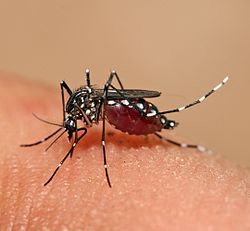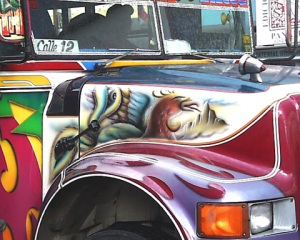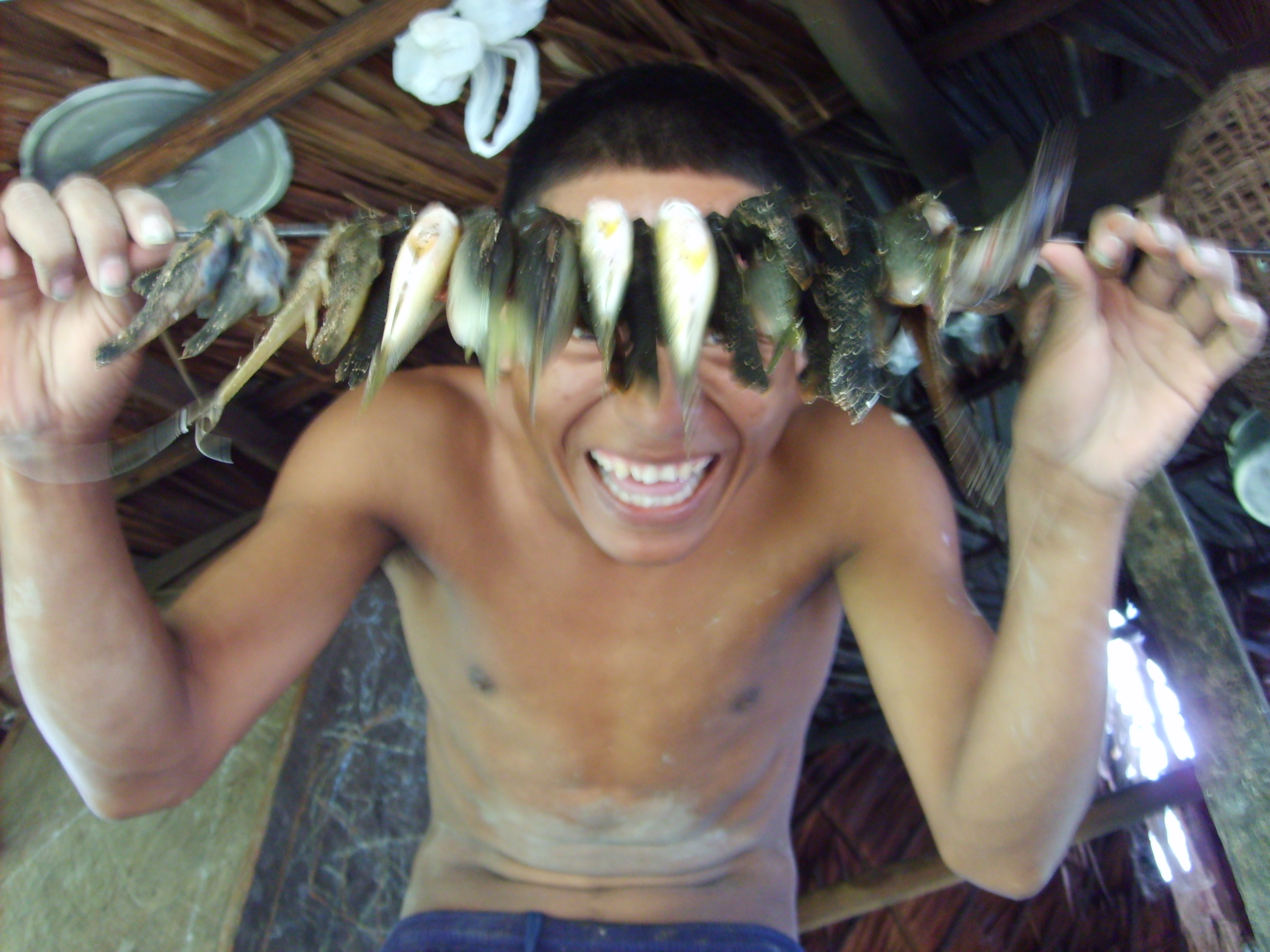The title serves as a pronunciation guide for dengue fever. I don’t want to hear you call it dingie or den-gooey or din-goo.  It’s dengue, a.k.a. break-bone fever, a viral infection transmitted by a day-time mosquito, Aedes, and my recent souvenir from Panama. The good news or the bad news? Let’s get the bad out of the way. There is no cure. Symptoms last from a few days to a month and may include:
It’s dengue, a.k.a. break-bone fever, a viral infection transmitted by a day-time mosquito, Aedes, and my recent souvenir from Panama. The good news or the bad news? Let’s get the bad out of the way. There is no cure. Symptoms last from a few days to a month and may include:
Hemorrhaging, Death (may last more than a month), Feeling like your bones are breaking, Eye pain, Rash, Loss of appetite, Extreme weight loss (as seen on TV), Temperature fluctuations from 94 to 104 degrees (F), Passing out when trying to urinate and busting your face open on the back of the toilet and no one checking on you because you broke wind while unconscious so they assumed you were ok because crashing and subsequent flatulence are normal 3 a.m. bathroom noises, Repeated night sweats, Loss of control of bodily functions, Running out of clean pajamas and having to wear your wife’s maternity pants, Loss of pride and dignity, Extreme appreciation of family, Delirium, Dehydration, and Dry mouth.
The good news is you’re much more likely to get hit by a bus  than die of dengue. In fact, most cases produce flu-like symptoms at their worst, and many people never show symptoms at all. A little knowledge and/or common sense will prevent you from contracting dengue and getting run over by a bus. I think I was lacking in both on that fateful day when I rushed to visit a friend’s dad in the public hospital [read: trashy area in downtown Panama City] and did not dress properly or take any measure to protect myself while going to a place where sick people congregate en masse. I’m sure that’s where I got it. The Aedes thrives in trashy, urban areas and is a real home-body, usually traveling 50 or 60 yards at most from where it hatches, so outbreaks are localized and preventative measures, like not leaving stagnant pools of water around your house, sleeping naked in alleyways, or engaging in mosquito farming, are very effective on the prevention end of things.
than die of dengue. In fact, most cases produce flu-like symptoms at their worst, and many people never show symptoms at all. A little knowledge and/or common sense will prevent you from contracting dengue and getting run over by a bus. I think I was lacking in both on that fateful day when I rushed to visit a friend’s dad in the public hospital [read: trashy area in downtown Panama City] and did not dress properly or take any measure to protect myself while going to a place where sick people congregate en masse. I’m sure that’s where I got it. The Aedes thrives in trashy, urban areas and is a real home-body, usually traveling 50 or 60 yards at most from where it hatches, so outbreaks are localized and preventative measures, like not leaving stagnant pools of water around your house, sleeping naked in alleyways, or engaging in mosquito farming, are very effective on the prevention end of things.
My learning experience should not deter you from visiting Panama or utilizing any public highway system, but I hope it has made you a little more informed and thus safer. Cuidate.

